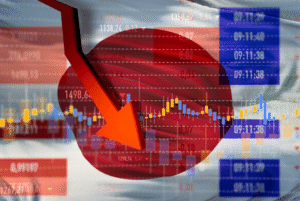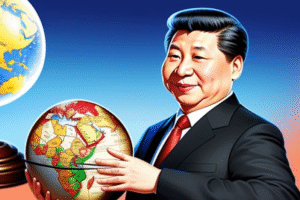$XOM $CVX $USO
#MiddleEast #OilMarkets #GeopoliticalRisk #InvestmentStrategy #GlobalEconomy #MarketVolatility
Tensions Escalate in the Middle East: Impact on Global Markets
As the conflict between Israel and Iran intensifies, entering its fourth consecutive day, global markets are on high alert. The keyphrase “Israel news” is crucial in understanding the potential for broader regional impact. Investors are particularly nervous about the implications for the oil-rich Middle East, a critical area for global energy supplies.
Market Reaction to Ongoing Conflicts
Investor Sentiments and Oil Prices
Investors worldwide are closely monitoring the situation, concerned about the possible escalation and its ramifications. Oil prices have reacted sharply as the possibility of a wider conflict could disrupt oil flows from the region, which supplies a significant portion of the world’s oil. This concern is reflected in the rising prices of oil stocks like Exxon Mobil (XOM), Chevron (CVX), and others involved in the United States Oil Fund (USO).
Strategic Implications for Investors
Given the uncertainty, investors are advised to consider the potential risks and rewards associated with the current geopolitical climate. For those looking to navigate these turbulent waters, keeping a keen eye on developments in this region is paramount. A deeper analysis of the situation can be accessed through our stock market insights, providing a detailed perspective on how such geopolitical events shape market dynamics.
Economic Consequences and Predictions
The ongoing conflict not only affects the oil markets but also poses a risk to the broader global economy. Countries dependent on oil imports from the Middle East might face economic strains if the situation escalates further. Economists predict that continued instability could lead to higher inflation rates as energy prices soar, influencing global economic conditions.
Conclusion: Navigating Through Uncertainty
As the situation develops, the international community remains watchful. Investors should consider geopolitical risks as part of their investment strategy and remain adaptable to the ever-changing global economic landscape. By understanding the complexities of these conflicts, investors can better prepare for potential market shifts and protect their investments against unforeseen impacts.
In conclusion, as the Middle East faces renewed tensions, the effects on global markets and investment strategies are significant. Investors need to stay informed and agile, adapting their strategies to mitigate risks associated with regional instability.







Comments are closed.